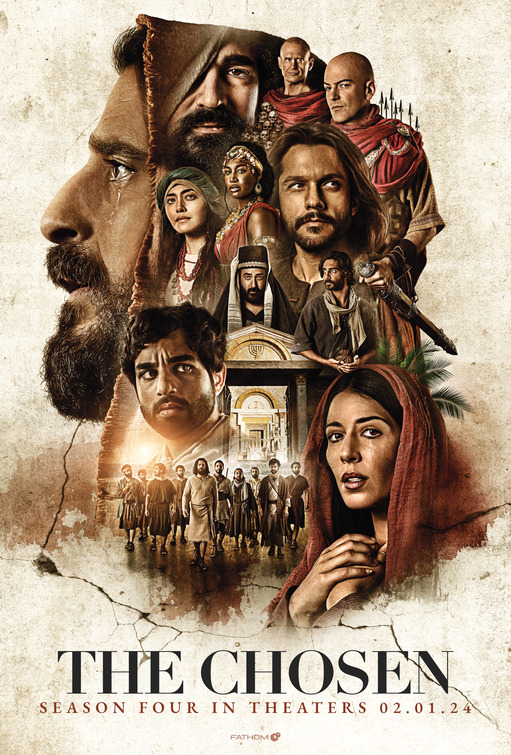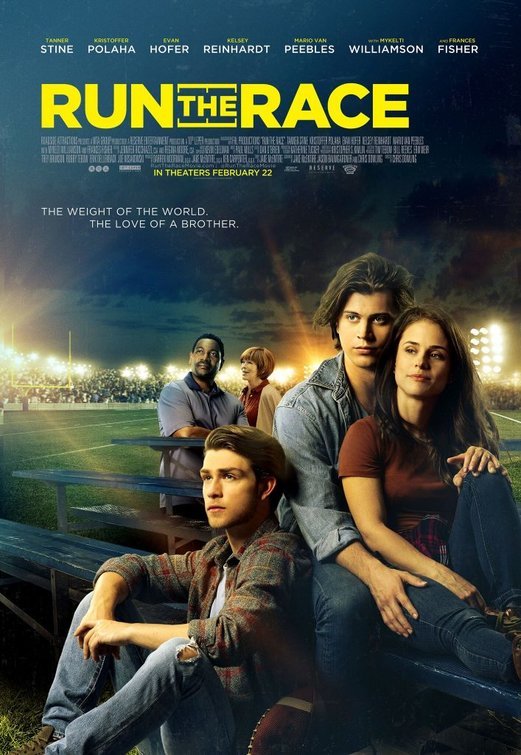| None | Light | Moderate | Heavy | |
|---|---|---|---|---|
| Language | ||||
| Violence | ||||
| Sex | ||||
| Nudity |
What You Need To Know:
Content:
Humanist worldview of conflict in Beirut, Lebanon during 1970s & 80s, with depictions of Muslims & Christians, plus politically correct elements favoring multiculturalism & an anti-religious subtext; 70 obscenities & 7 profanities plus references to sexuality & prostitution; moderate violence, including newsreal footage of war in Lebanon, street battles, explosions, sounds of gunfire & explosions, violent demonstrations; implied sex between married couples, briefly depicted sex between married couple in underwear, voyeurism, & implied prostitution; no real nudity, but two males in T-shirts, woman in sexy underwear tries to seduce husband & prostitutes in skimpy outfits & underwear; no alcohol use; smoking including smoking by teenagers; and, religious bigotry, boy accidentally visits house of prostitution (no sex shown) & goes back to visit with his friends but is kicked out, & demonstration turns violent.
More Detail:
Don’t expect much sociopolitical insight from the Lebanese movie WEST BEIRUT about a teenage boy and his family who go through the war between Christians and Muslims in Beirut during the 1970s and 1980s. The movie is mostly an apolitical coming-of-age story of the teenager as he tries to cope with the cultural warfare and social bedlam around him.
Rami Doueiri plays Tarek, a nominally Muslim teenager who gets in trouble at the French school he attends. His first encounter with the cultural conflict around him is when a group of Christian militiamen attack a busload of Muslims. As more fighting breaks out, and Beirut is divided into a Western Muslim section and an Eastern Christian section, Tarek and his chum Omar are more interested in peeping at their uncle’s mistress rather than supporting their Muslim brothers.
Tarek and Omar undergo a series of adventures as the war drags on. Tarek even befriends a Christian girl named May. May has been orphaned by the war and has come to live in the Muslim section. She seems more religious than both Tarek and Omar.
In fact, at one point in the story, Omar complains that his father has suddenly turned into an orthodox Muslim and wants Omar to start attending the local mosque. Tarek expresses sympathy for Omar’s family situation.
Meanwhile, Tarek’s father refuses to leave their Beirut home, despite the mother’s pleas. His father does not want the situation to destroy everything he has tried to build for his family in Beirut. His decision, however, has drastic consequences in the movie’s slightly confusing, abrupt ending.
The impression this movie gives of the Beirut conflict is that the fighting was mostly cultural or ethnic and had little to do with any religious beliefs. The director does not seem concerned with exploring the issues that led to the fighting, so the audience is left almost completely in the dark. Also, despite May’s apparently stronger commitment to her Christian faith and Omar’s complaint about his father’s faith, the director doesn’t really explore any of the religious issues or religious beliefs affecting his main characters. Again, the audience is left in the dark. In fact, the director seems to take a politically correct, humanist stance that religion doesn’t really matter at all. According to the Los Angeles Times, the director was actually a foreign student at UCLA in California. This makes sense given the multicultural, anti-religious political correctness in his movie. Plenty of strong foul language, two scenes in a brothel and an example of voyeurism from Tarek and Omar add to the movie’s humanist mindset.
The director should have explored the religious and political issues in Lebanon. Or, failing that, he could have taken Roberto Benigni’s approach in LIFE IS BEAUTIFUL and shown how human beings can use the transcendental, eternal issues of life to face and/or overcome the historical, political and personal tragedies surrounding them. Ultimately, therefore, WEST BEIRUT is a missed opportunity.
Now more than ever we’re bombarded by darkness in media, movies, and TV. Movieguide® has fought back for almost 40 years, working within Hollywood to propel uplifting and positive content. We’re proud to say we’ve collaborated with some of the top industry players to influence and redeem entertainment for Jesus. Still, the most influential person in Hollywood is you. The viewer.
What you listen to, watch, and read has power. Movieguide® wants to give you the resources to empower the good and the beautiful. But we can’t do it alone. We need your support.
You can make a difference with as little as $7. It takes only a moment. If you can, consider supporting our ministry with a monthly gift. Thank you.
Movieguide® is a 501c3 and all donations are tax deductible.

Now more than ever we’re bombarded by darkness in media, movies, and TV. Movieguide® has fought back for almost 40 years, working within Hollywood to propel uplifting and positive content. We’re proud to say we’ve collaborated with some of the top industry players to influence and redeem entertainment for Jesus. Still, the most influential person in Hollywood is you. The viewer.
What you listen to, watch, and read has power. Movieguide® wants to give you the resources to empower the good and the beautiful. But we can’t do it alone. We need your support.
You can make a difference with as little as $7. It takes only a moment. If you can, consider supporting our ministry with a monthly gift. Thank you.
Movieguide® is a 501c3 and all donations are tax deductible.




 - Content:
- Content: 



